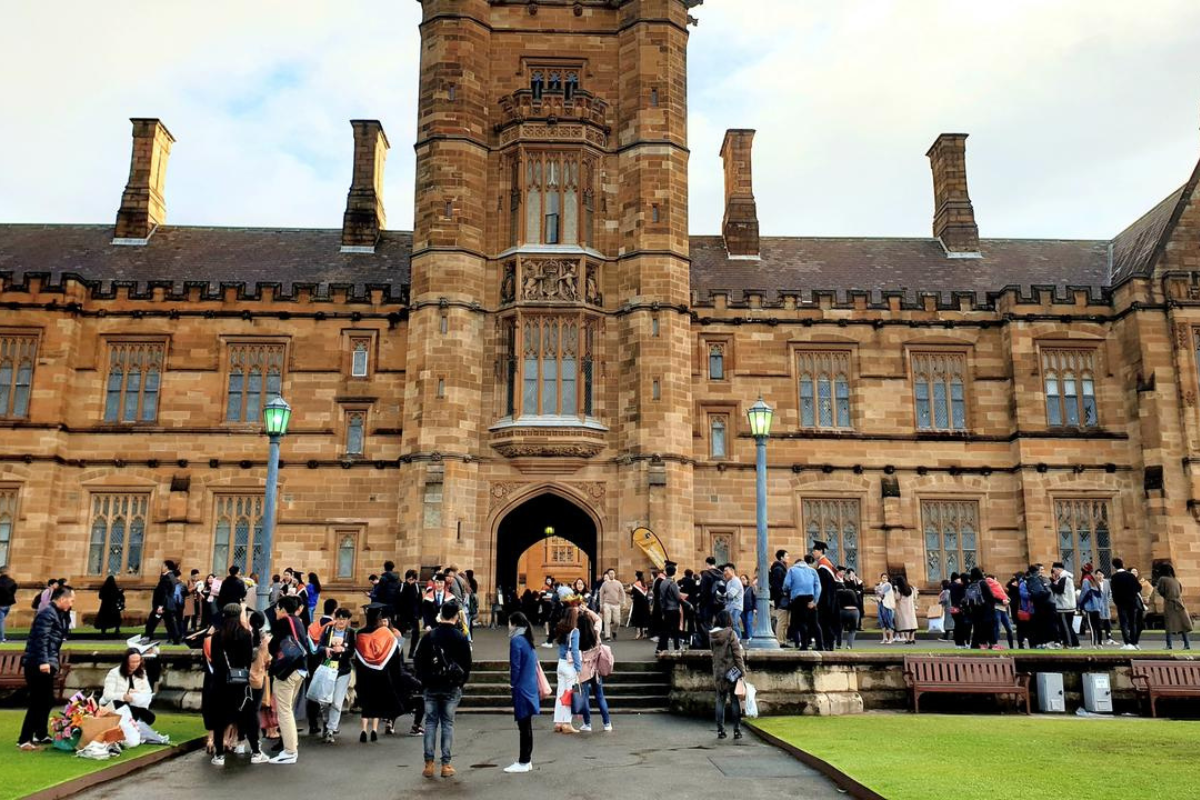
In the recent case of National Tertiary Education Industry Union v University of Sydney,[1] the Federal Court upheld the legal right of University of Sydney staff to be protected from disciplinary action when engaging in free and responsible pursuit of academic knowledge.
Context
Dr Tim Anderson was a Senior Lecturer in the Department of Political Economy in the School of Social and Political Sciences at the University of Sydney. Whilst teaching, used Dr Anderson social media to engage in public debate in his areas of research, which included political matters associated with Israel. His social media posts included posting on Facebook and Twitter a PowerPoint slide containing an image of an Israeli flag with a Nazi symbol superimposed in the middle of it.
In 2019, after prior warnings in 2017 and 2018, the University of Sydney terminated Dr Anderson’s employment, claiming his comments online amounted to serious misconduct and breached its Code of Conduct. Dr Anderson sued the University of Sydney, seeking reinstatement to his position and compensation for hurt and humiliation he claims to have suffered following being fired. Dr Anderson’s claim was backed by the National Tertiary Education Industry Union (NTEIU).
Proceedings
At first instance, the decision of the University of Sydney to terminate Dr Anderson’s contract on the grounds that he committed serious misconduct under the University of Sydney Enterprise Agreement 2018-2021 (2018 Agreement) was upheld.[2] The NTEIU appealed.
On appeal, the Federal Court ruled against awarding compensation but found that Dr Anderson should be reinstated on the same terms and conditions as he was previously employed. The judgement concluded that:
- University academics are permitted to share their views, based on principles of intellectual freedom, even if those views are of a sensitive and offensive nature.
- The University of Sydney’s Code of Conduct did not dismiss the exercisable workplace right created by Clause 315 of the 2018 Agreement (intellectual freedom clause).
- The intellectual freedom clause concerns the protection and promotion of intellectual freedom, including the rights of staff to express unpopular or controversial views, provided they do not “engage in harassment, vilification or intimidation”;
- Since Dr Anderson created the PowerPoint slide for academic purposes and did not intend to engage in “harassment, vilification or intimidation”, the conduct of Dr Anderson constituted the exercise of “intellectual freedom” and was therefore not capable of constituting “misconduct” or “serious misconduct” within the meaning of the 2018 Agreement.
Based on the above circumstances, the Federal Court ruled that the University of Sydney had breached the intellectual freedom clause and therefore unlawfully terminated Dr Anderson.
Key Takeaways
This decision is important to consider where an employee has expressed unpopular or controversial views in breach of an employer’s policies or codes of conduct and the employer seeks to take disciplinary action against that employee.
Employers in this position must recognise that the mere fact that an employee’s conduct may reasonably be characterised as disrespectful or insensitive or otherwise controversial, may not, of itself, entail a sufficient breach for terminating employment.
Instead, employers must consider the nature and scope of any Enterprise Agreements or other frameworks that may be in place before taking disciplinary action against any of their employees for social media posts or comments they have made.
If you would like to discuss how this case may affect your ability to enforce policies and codes of conduct in your workplace, please do not hesitate to reach out to Daniel daniel@morganenglish.com.au and the Workplace team at M+E today.
[1] National Tertiary Education Industry Union v University of Sydney [2022] FCA 1265.
[2] National Tertiary Education Industry Union v University of Sydney [2020] FCA 1709.


